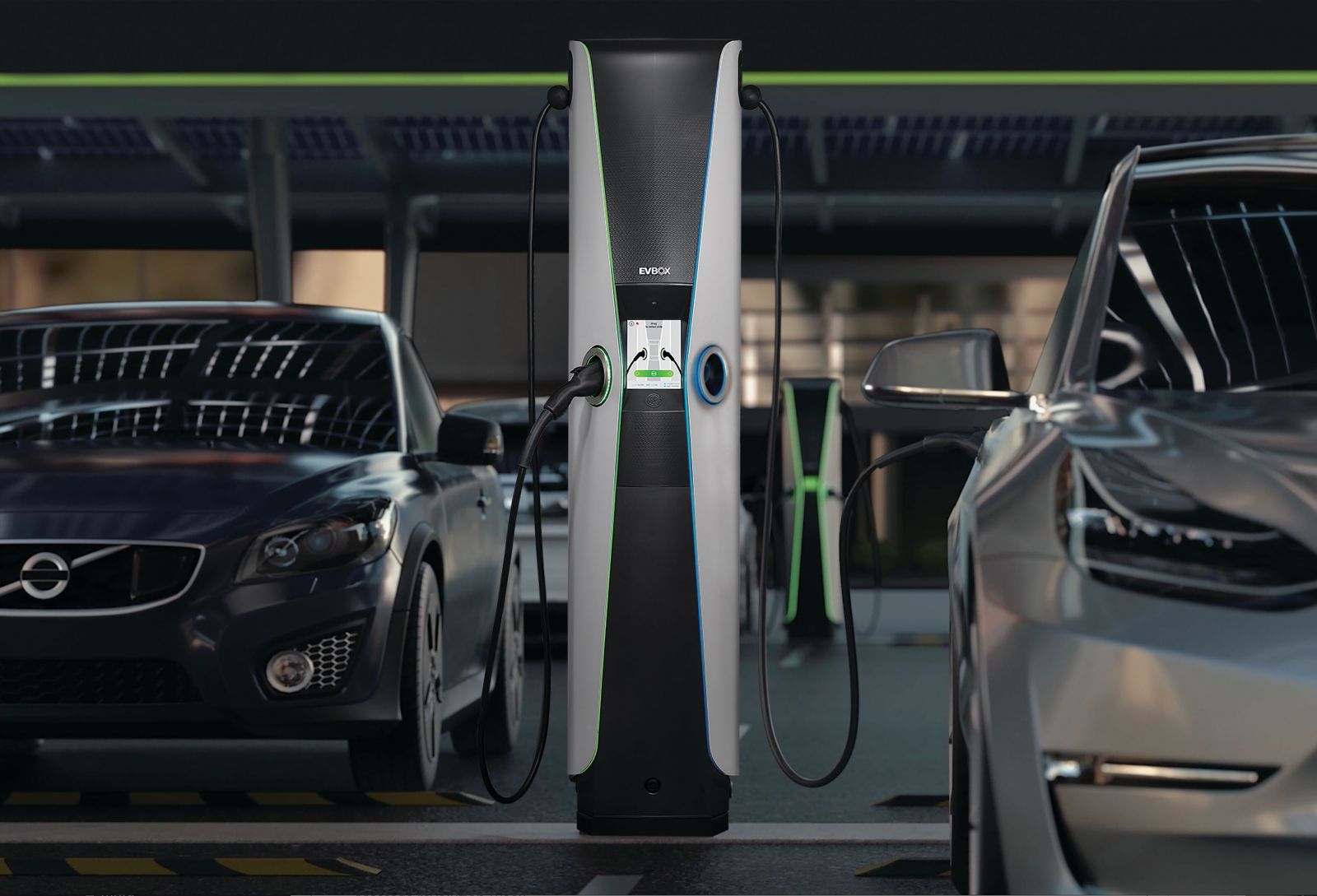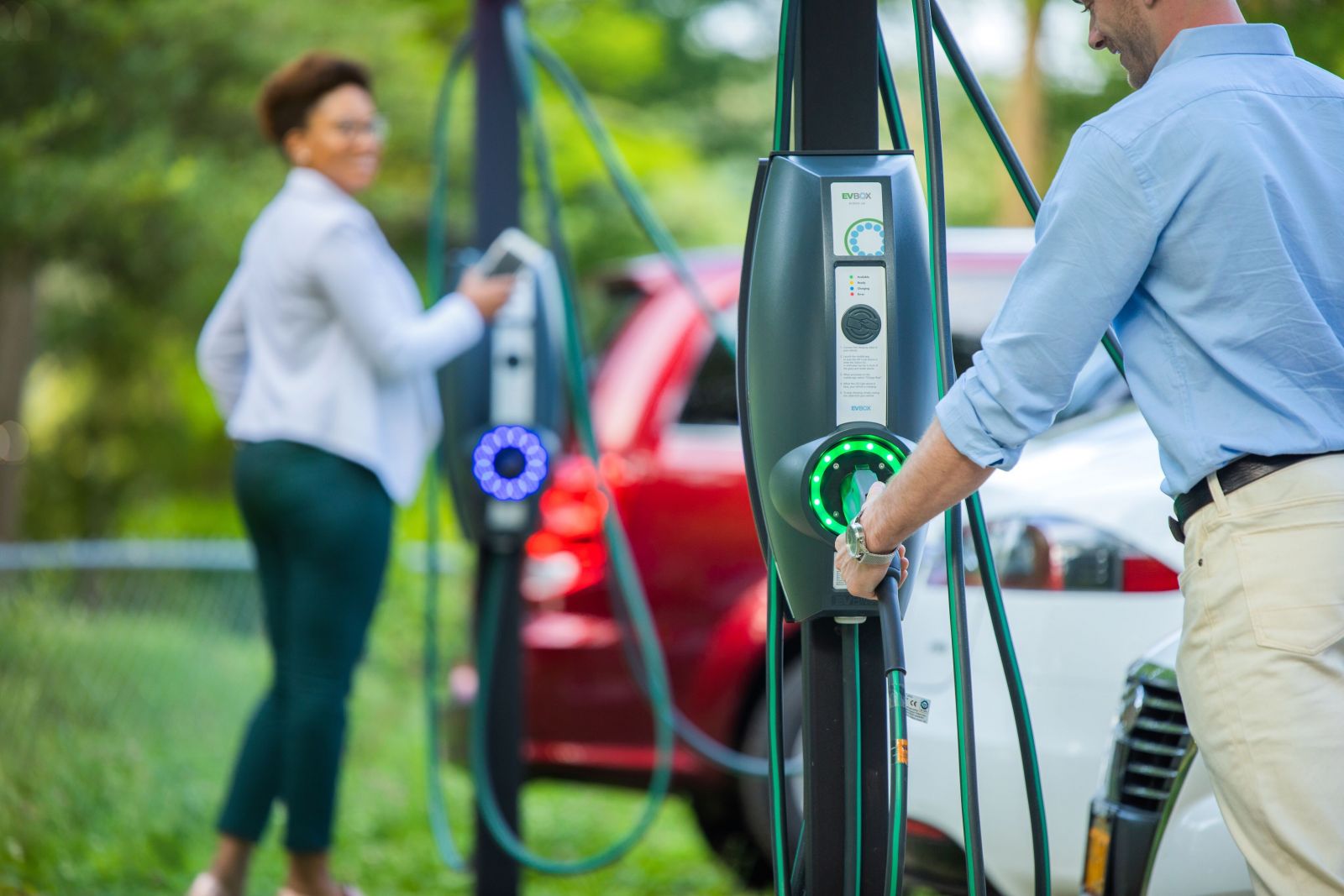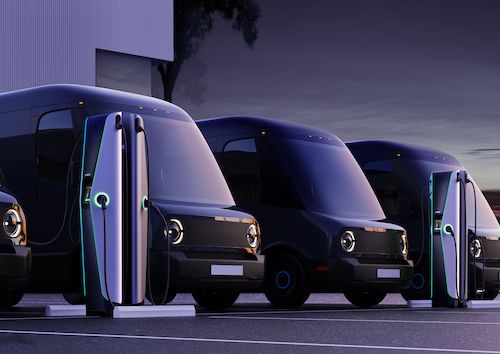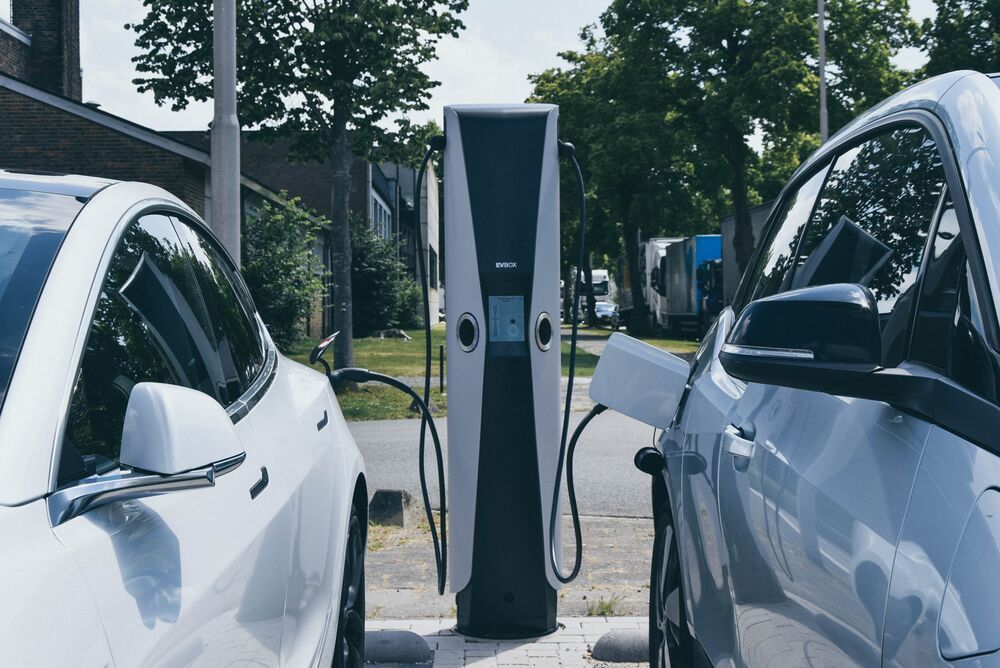How Open Standards Can Fill the EV Charging Station Gap
A vast gap exists in the United States between the supply of EV charging stations and driver demand for them. The gap widens each day as more affordable EV models designed for mainstream drivers continue to arrive from a growing list of car manufacturers.
According to a 2019 Electric Power Research Institute report, nearly one million public charging ports will be needed by 2030 to support nearly 19 million EVs. (A charging station typically has one or two ports). Other studies project that far more EVs will soon be on U.S. roads. Yet currently, fewer than 100,000 public charging ports are available to drivers, and many impose limits on who can use them.

Businesses, municipalities, and other entities that purchase and install charging stations are helping to fill the charging station gap in order to accelerate society's shift to a cleaner mobility future. Greater choice and flexibility in charging technology would make it easier for more locations to join the ranks of station owners - and expand the nation's EV infrastructure - faster. Charging stations and software that are built on open standards can provide that choice and flexibility, giving potential owners the confidence they need to meet the rising demand for EV charging.
 Europe shows the way
Europe shows the way
In Europe, openness and flexibility are cornerstones of EV charging infrastructure. Companies ensure that the charging stations and software they build will work with competing brands.
How do they do it? With Open Charge Point Protocol (OCPP). OCPP is an open-source communication protocol for charging stations and the software that runs on them. When stations and software are OCPP-compliant, they can talk to and work with each other, even if they're created by different companies.
In the U.S., some companies offer OCPP-compliant stations and software, but others use "closed systems," in which their products talk only to each other.
Open systems make life easier for companies, cities, and other entities that purchase and operate charging stations. Open systems give station owners more choices, both when they are shopping for an EV charging setup and over the years, helping station owners protect their investment.
President Joe Biden has called for 500,000 new EV charging stations; trend-setting states such as California, New York,and New Jersey are dedicating billions in rebates and tax credits for utilities and charging station owners. With such massive investments in the works, it is worthwhile to consider the merits of an EV infrastructure that is based on open standards.
Benefits to charging station owners
When a location (shopping center, airport, or parking garage) buys one or more charging stations, that owner doesn't want to get locked into a closed-system setup that can use only one kind of software. Most owners' software needs will change over time, with new products and features offered by competing vendors always just around the corner.

Owners of charging stations that are built on open standards have the freedom to choose from a growing market of software providers, because their stations will work with multiple providers. These owners can put together a software/hardware combination and pricing that works best for them. Later, they can switch to a different software provider without needing to buy a new set of charging stations - and losing their initial investment.
Open standards also ensure that station owners can keep pace with evolving technology. Open standards enable a charging station's software to be continually upgraded with new capabilities, such as the ability for station owners to set custom charging fees, publish their stations on EV-charging maps, and gain real-time insights into their users' charging behaviors.
 Driving innovation
Driving innovation
Another way open standards benefit station owners is by pushing EV charging software companies to constantly innovate and keep prices competitive.
When a customer owns charging stations that can work with software from multiple vendors, the customer is in the driver's seat. This motivates vendors to keep coming up with new features and services that customers want while avoiding major price increases.
Charging stations and software built on open standards give potential station owners greater choice, flexibility, and confidence to buy and install EV charging stations in their communities. With each new charging station, the nation's EV charging infrastructure expands - making it easier for drivers to switch from carbon-emitting gas-engine vehicles to electric ones, and speeding the shift to a cleaner mobility future.
Megha Lakhchaura is Director of Policy and Utility Programs for EVBox Group in North America. EVBox Group empowers businesses to build a sustainable future by providing flexible and scalable electric vehicle charging solutions. With its extensive portfolio of EVBox charging stations, as well as scalable charging management software engineered by Everon, EVBox Group ensures that electric mobility is accessible to everyone.
EVBox Group | www.evbox.com
Author: Megha Lakhchaura









